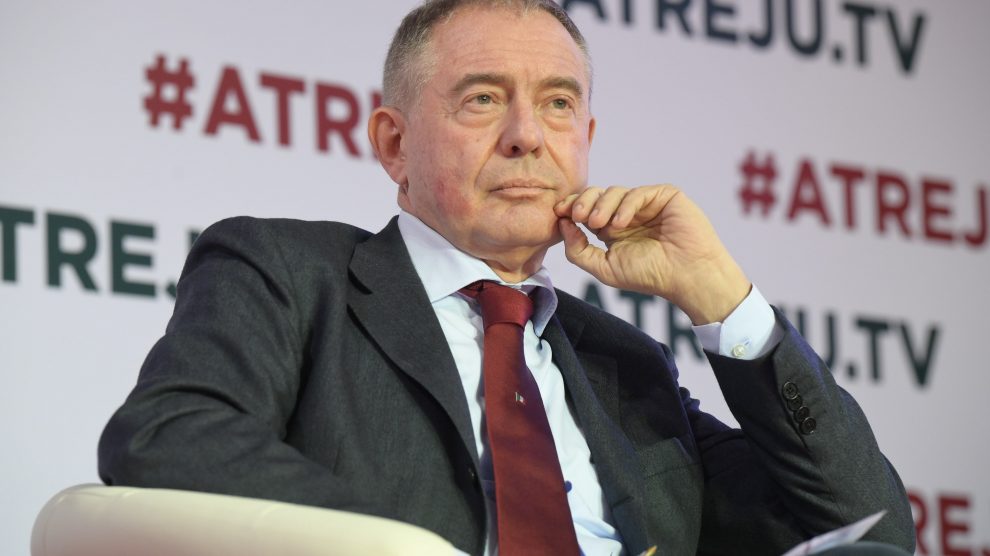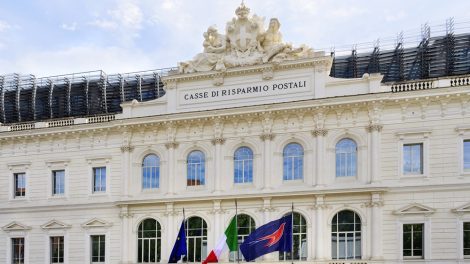Are intelligence work and public service two sides of the same coin? The question became topical again as the Italian electoral college negotiated over Italy’s next president. Amid those discussions, the names of prominent inter figures cropped up.
Some believe that the very possibility of a 007 chief aspiring to lead a government or a State is incompatible with a Western democracy. Adolfo Urso, an opposition senator and head of COPASIR – the parliamentary committee that oversees the country’s security and intelligence policies – thinks otherwise.
“I fear that this controversy is the result of a culture that still looks at the apparatus of the State with suspicion,” he told Decode39 before pointing at the United Kingdom, the United States and Israel, where intelligence officials have ended up in the upper echelons of government.
In those countries, said the senator, “no one is shocked if a top intelligence officer aspires to public office. The Anglo-Saxon world boasts a consolidated culture of intelligence which sees the security service as an honour, not the other way around.”
The Italian controversy centred around two names: Elisabetta Belloni, the director of DIS, which is the top intelligence agency, and her predecessor Giampiero Massolo, both of whom were considered for the presidential seat during the negotiations.
The head of COPASIR believes they are “two people with an institutional career that speaks for itself.” Both have been ambassadors for years and have worked as secretaries-general of the Ministry of Foreign Affairs. And, as Mr Urso says, “they have demonstrated vision and strategic skills as well as impartial management of the public service.”
Ms Belloni, whose appointment at the DIS is very recent, had been mentioned in the past as a valid choice for Prime Minister and a possible replacement for PM Mario Draghi in case he ended up becoming president. That latter case begs the question: could the head of the secret service have taken the reins of a well-developed democracy?
It already happened elsewhere, without scandal or controversy, as Mr Urso pointed out. “Case in point: George Bush. Before becoming President of the United States, he was Director of the CIA. Which, unlike the DIS – which coordinates the entire intelligence sector – has a truly operative function. Not to mention that the American president has more extensive powers than our Head of State and is Commander in Chief.”
His wealth of experience in the intelligence field, continued Mr Urso, contributed to shape him into “one of the most foresighted and brilliant interpreters of the end of the Cold War, and thus decisive in the fall of the USSR.”
There have been Italian cases, too. Such as Gianni De Gennaro, who was Chief of Police, then Director of DIS and State Undersecretary for Intelligence, an extraordinary career which led him to become President of shipbuilding titan Finmeccanica.
Senator Urso also spoke of Franco Gabrielli, who has been Director of Italy’s internal secret services, (an operative agency), then Prefect of Rome, Chief of Police, and is now Undersecretary for Intelligence and Cybersecurity (you can read Decode39’s interview).
“Is it a matter of revolving doors,” posited Mr Urso, “or rather of great qualities developed on the basis of different experiences, all the more useful in the current context?” What’s more, he added, there have been instances of MPs becoming directors of intelligence without anyone raising problems of incompatibility or ineligibility, just as there are no problems with high ranks in the Armed Forces.





